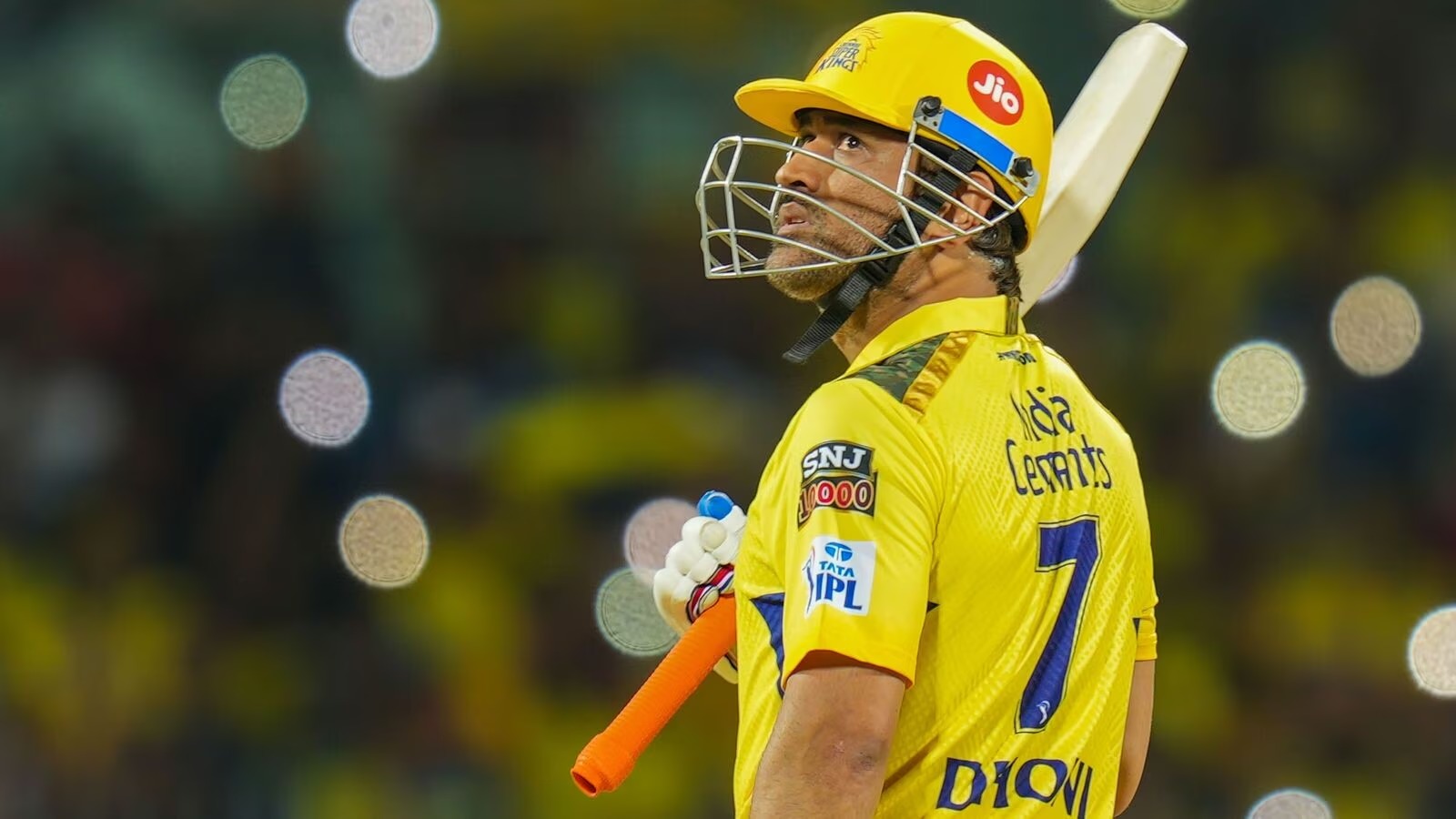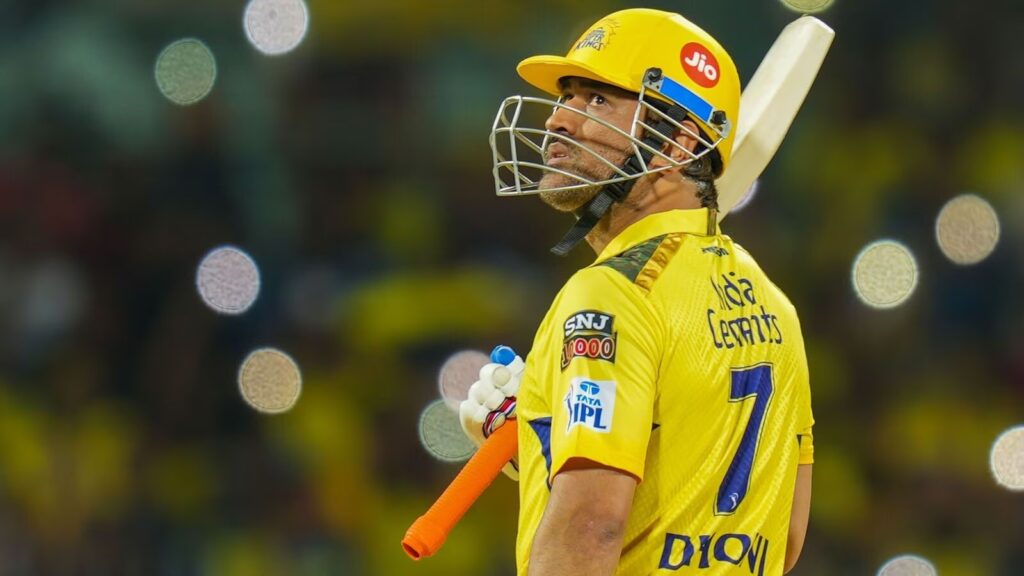
I hate writing about Mahendra Singh Dhoni. Not because I dislike him or from not being fond of his game. Like millions, I am in awe of his ultra-smart presence on the field and uber-cool demeanour. I feel wronged when asked to write about him, because I know nothing about him other than what he does on the field.
Off the field, I have little knowledge of my subject, other than that he continues to be a popular face for endorsements, one of the most sought after in India. He has invested in organic farming and has a huge fan following, which is seen in the Indian Premier League even these days. Crowds at the opponents’ home venues turn out in Chennai Super Kings’ yellow, with Dhoni written on the back. I also remember, like most of us, a rather subdued Dhoni bringing up the rear of the pack when the Indian team went on a victory parade at the Wankhede Stadium in 2011 after winning the World Cup.
But beyond these and a few other snippets known to everyone, I have no sensational additional information on one of India’s all-time greats, who was one of the best ODI cricketers the world has seen. Truth be told, very few have access to him. Sometimes, his teammates do not. He is elusive and prefers a private life. Looking for him is like chasing a shadow. So whenever compelled, I dig into the handful of interviews I did with him and what I gathered from talking to a few Jharkhand players.
Man of his word
My briefest one-on-one with MS, as a lot of people call him, took place at the Johannesburg airport, on the way to Cape Town for the inaugural match of IPL 2009. He became India captain for all formats in 2008 and the last time I had spoken to him was before that. But he gave me half a smile as I approached him. “I have stopped doing interviews,” was his calm and firm reply when told what I wanted. “I will speak only during press conferences.” A lot of people say such things. Dhoni did not speak to anyone for many years after that.
I thought it was a casual act to keep me away. As the days, weeks and years passed, I began feeling that firmness in Dhoni’s voice. There was no Dhoni interview anywhere in the media almost until he retired, except for one solely on Sachin Tendulkar ahead of his 199th Test. Not that there have been more since. That was just one in six-seven years. He was not one to say something just for the sake of it. He would mean each syllable. It’s easier said than to practice.
Epitome of small-town stubbornness
The most remarkable remark Dhoni made in one of my interviews was that boys from smaller towns were mentally tougher than boys from the metros. He was 24 or 25 back then, just about making his place permanent in the Indian team. He had not seen a lot of life or cricket. But he came from a humble background and knew the value and meaning of struggle. A lot of people use these words without actually having faced them. Dhoni knew what it meant.
Despite being a promising cricketer from the junior level, Dhoni had to perform the duty of a ticket collector at Kharagpur Railway Station. His lifestyle was just the opposite of a cricketer’s. That’s when he saw what kind of hardship players from the non-metro cities and other smaller towns had to endure. Some succeed, some do not, but the struggle is the same for all. “In comparison, it’s a smoother ride for players from bigger cities, which doesn’t give them that mental edge,” Dhoni had said. In his career, there were many instances when his mental strength made the difference.
Inspiring Jharkhand’s next generation
It’s an understatement that Jharkhand players worship him. He has not played for his state for a long time and only does net practice with them. This is the time the players can approach him, and Dhoni interacts with as many as he can. A few years ago, he travelled with them by train for a domestic tournament. His ways of thinking, analysing and solving problems have influenced many. Ishan Kishan, Saurabh Tiwary and Shahbaz Nadeem are Jharkhand’s international players from the post-Dhoni generation.
“Interacting with him, you do not feel as if you are talking to a superstar,” Tiwary had said long back. “There is this initial stiffness, which becomes normal within minutes. Mahibhai keeps things simple. He tells us not to overdo and do according to the situation what is to be done for the team. He encourages players to come up with their own methods, be it technical or tactical. There is lots to learn from his simplicity and ability to explain things in the easiest possible way.”
One last tale of Dhoni’s toughness, calmness and ability to take quick decisions. This was some years ago. He was speeding on his bike with a friend riding pillion in the open expanses of a place they had gone to for an ad shoot. The way back was downhill, and Dhoni quietly told his friend “brake fail ho gaya (the brakes are not working)”. The friend was about to faint, but just about remembers how Dhoni brought the situation under control and rode to safety without showing any sign of panic.
Wish you a Happy Summer of 42, champ!




